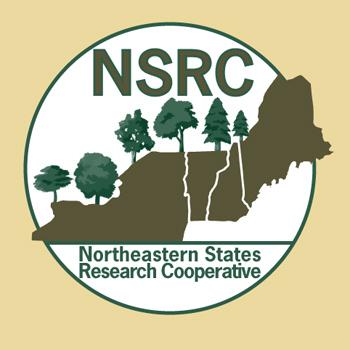Evaluating the Efficacy of Audubon Vermont’s Bird-Friendly Maple: Can Managing Sugarbushes for Birds Provide Additional Benefits to Biodiversity, Ecosystem Services, and Forest Resilience?

Maple sugaring is experiencing rapid growth across the Northern Forest in the scale of operations, acreage impacted, and number of people involved. As a result, it is becoming increasingly important to better understand how sugarbushes can be managed to benefit both maple production and biodiversity conservation. Maple syrup can be produced from forests that are managed in dramatically different ways. Traditional sugarbush management may result in park-like stands dominated by mature sugar maple with open understories—stands that likely support a low diversity and abundance of birds and other wildlife.
In contrast, Audubon Vermont's Bird-Friendly Maple Project recommends forest management activities that promote sugarbush stands with a diversity of tree species and vertical habitat structure. Although these forests are more likely to support a diverse bird population, the efficacy of Audubon’s bird-friendly management guidelines to provide measurable benefits to bird populations is unknown. Additionally, the long-term sustainability of maple sap production is entirely contingent on healthy forests, but our knowledge is limited on how the complex drivers of increased maple sap production intensity, differing management strategies, and climate change will affect biodiversity, ecosystem services, and overall ecological health of sugarbushes.
By conducting field surveys of biodiversity and ecosystem service metrics across a gradient of sugarbush production and management intensities, NSRC researchers will pioneer this knowledge base and develop tools and policies that provide sustainable sugarbush management guidelines that are relevant across the Northern Forest landscape. This will result in updated guidance for sugarmakers and specific revisions to the bird-friendly maple management guidelines in order to achieve the desired benefit for bird populations.
